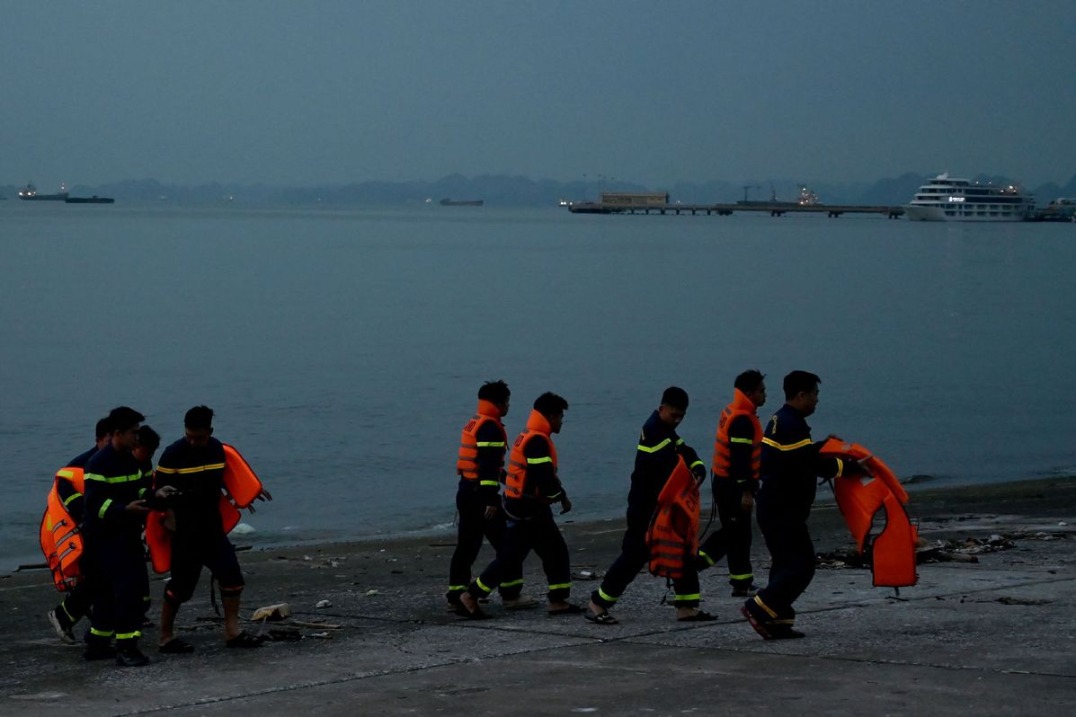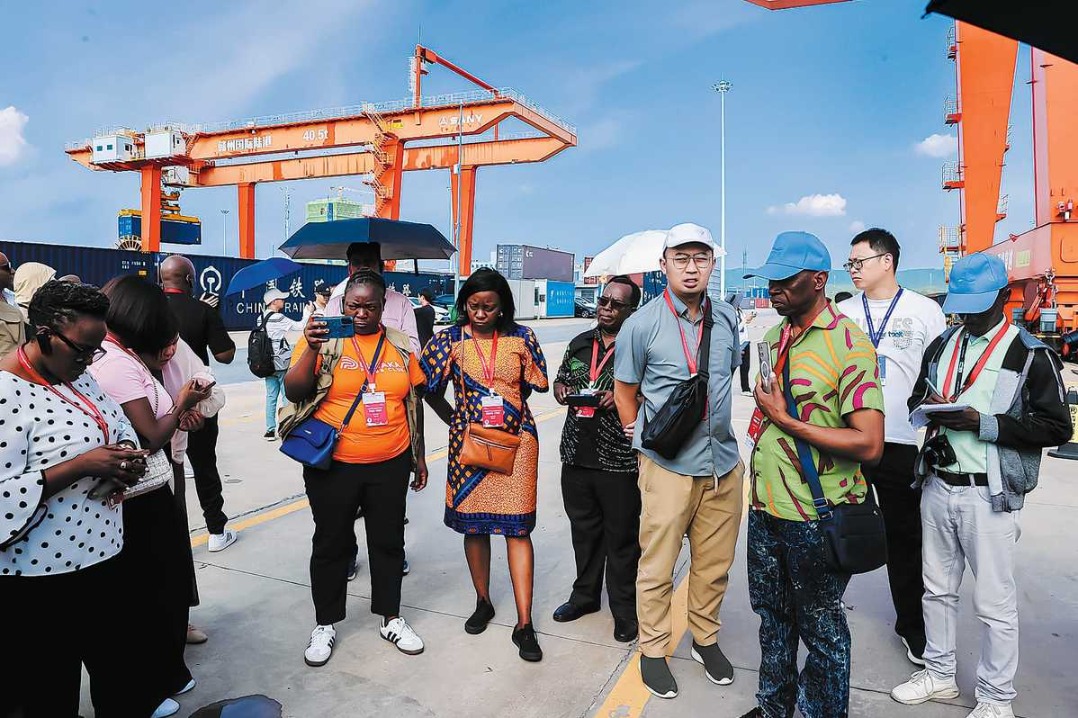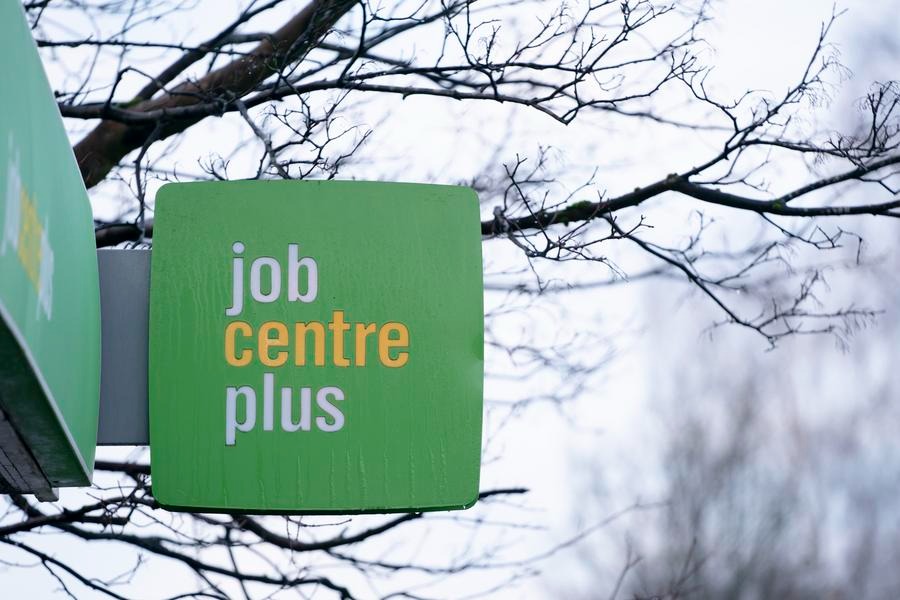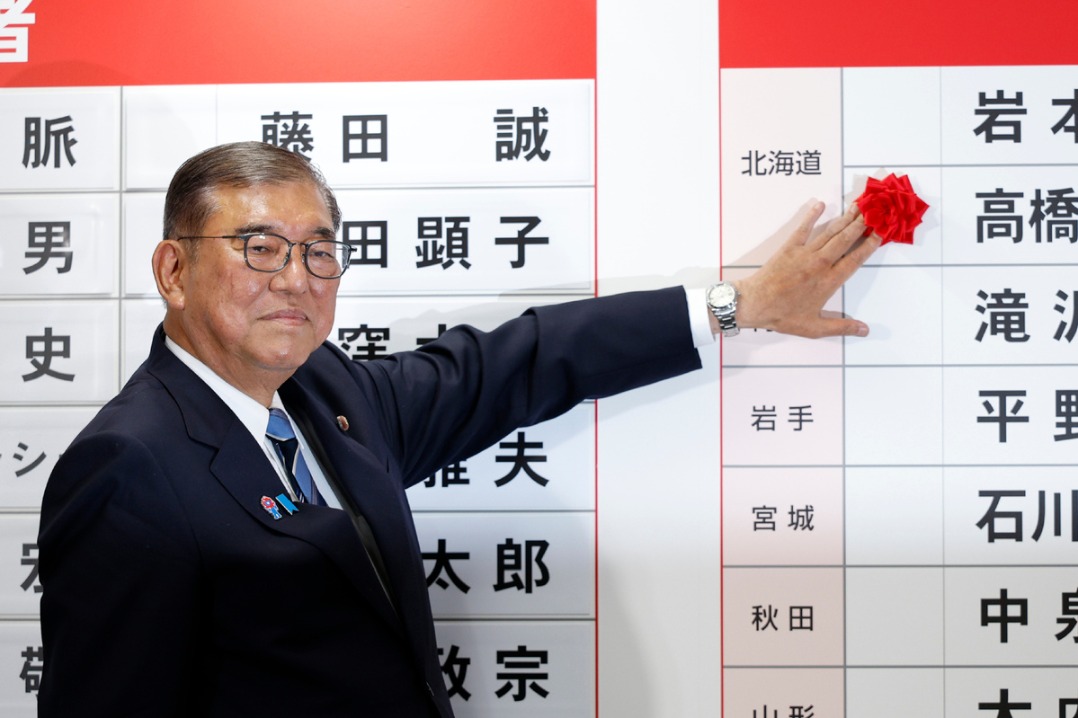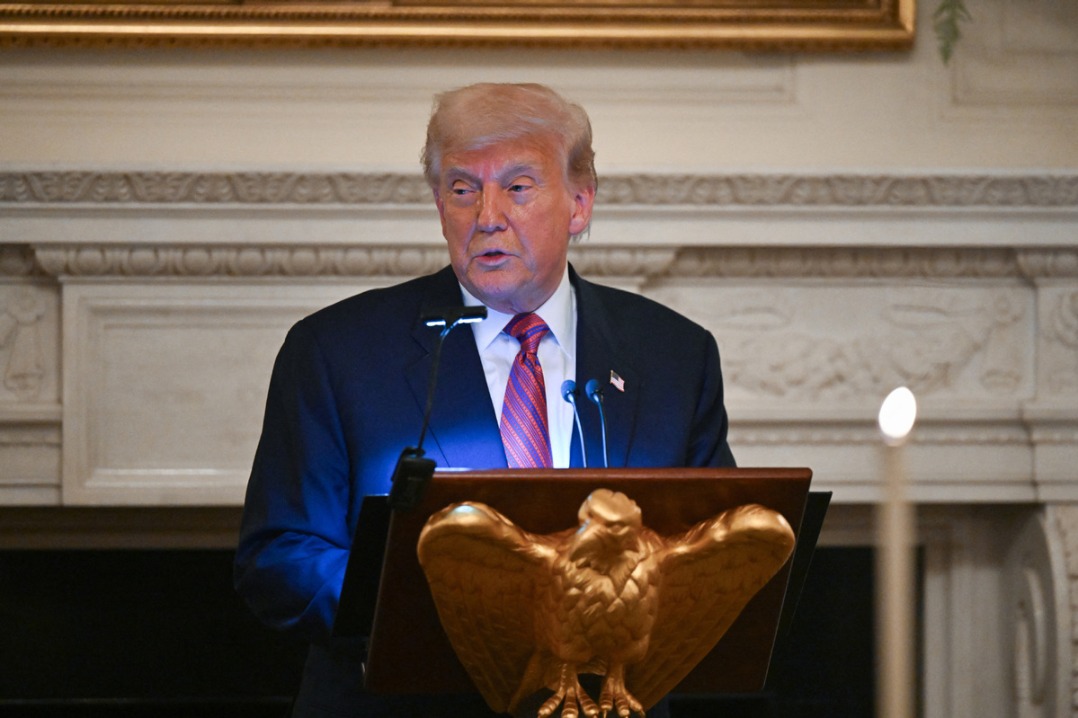Australia counts cost of misguided policies

With 61% dive in Chinese investments in 2020, link drawn to politicized issues
If anyone wanted a better indication of how relations are between Beijing and Canberra, the latest investment figures from the Australian National University in Canberra say it all.
Chinese investment in Australia last year fell over 61 percent, the Chinese Investment in Australia, or CHIIA, Database said in a report on Monday.
True, COVID-19 played its part but in 2019, Chinese investment dropped 47 percent, the biggest decline in six years... and no COVID.
The data, while reflecting the effects of the coronavirus, also indicate more scrutiny of foreign investment by the Australian government, particularly that coming from China, according to Shiro Armstrong, director of the East Asian Bureau of Economic Research, where the CHIIA is based.
The CHIIA recorded just over A$1 billion ($774.8 million) of investment in 2020, down from A$2.6 billion the year before and well short of the peak of A$16.5 billion in 2016.
Only 20 Chinese investments were booked last year, well down from a peak of 111 investment projects in 2016, the report said.
In 2020, some 86 percent of Chinese investment in Australia originated from Chinese companies already established within Australia, meaning purchases were made via Australian subsidiaries rather than by foreign firms directly.
It was the same pattern in 2019 when 91 percent of Chinese investment in Australia was sourced from within the country.
At a regular news conference on Monday, China's Foreign Ministry spokesman Wang Wenbin said that in recent years Australia has repeatedly used "national security" as an excuse to veto Chinese companies' investment projects and arbitrarily imposed restrictions on normal exchanges and cooperation between the two countries in various fields, which has seriously dampened the confidence of Chinese investors.
Fair environment urged
"Such practice of politicizing economic and trade issues runs counter to Australia's self-proclaimed commitment to market rules and the principle of free competition, and puts Australia's own interests and reputation in jeopardy," he said.
The spokesman urged the Australian government to take steps to provide a fair, open and nondiscriminatory environment for investors-from China and elsewhere-so as to facilitate practical cooperation between China and Australia in various fields.
Last year, Chinese investment in Australia was limited to just three sectors: real estate (A$461 million), mining (A$414 million) and manufacturing (A$153 million).
In March 2020, the Australian government announced that all foreign investment into Australia would be overseen by the Foreign Investment Review Board. The government said the move was to prevent a fire sale of distressed Australian assets to foreign owners.
This was followed in July by a national security test, which gave the treasurer the power to cancel deals retrospectively.
Many analysts saw this as a further move by Canberra to block Chinese investment in Australian companies and further antagonize Beijing.
In August, Australian Treasurer Josh Frydenberg stopped the $600 million sale of Japanese beverage giant Kirin's wholly owned Australian subsidiary Lion Dairy and Drinks to China Mengniu Dairy.
"It's the national security test that is being applied to all incoming investment that allows the treasurer to go back and retroactively disapprove investment, which has created uncertainty," Armstrong said.
"If you're setting up a factory or setting up a business in a foreign country and operating under their rules, certainty is really important."
Trade Minister Dan Tehan said Australia remained an attractive destination for global investment.
Data from the United Nations indicate that global foreign direct investment to Australia fell by 46 percent last year, whereas foreign investment to Japan, China, India and some developed countries such as Sweden and Spain rose. Investments to the United States and the United Kingdom also plummeted.

















